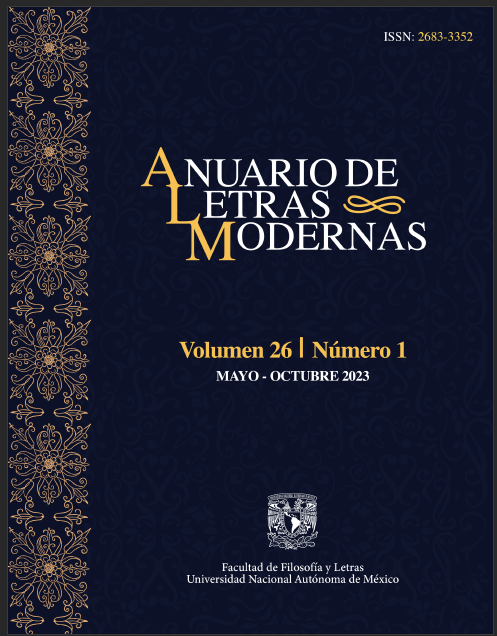Pier Paolo Pasolini and the Memory of Contemporary Rome
Main Article Content
Abstract
Pier Paolo Pasolini is amongst the better-known Italian intellectuals internationally. His cinematic works have earned him an international reputation as a controversial and visionary artist, sometimes regarded as an intellectual born ahead of his time. This article aims to explore the symbiotic relationship that exists between contemporary Rome and Pasolini as a character. My starting premise is that the author has been an agent and a constitutive element for the configuration of Rome’s cultural memory, as it is shaped from the postwar years to this day. To develop these assumptions, I will focus on the analysis of some of the author’s cinematic productions, such as Accattone (1961), Mamma Roma (1962), and La ricotta (1963), known by the critics as la trilogia della borgata. I argue that Pasolini’s character nowadays holds a place of privilege regarding the constitution of Rome’s cultural memory. For that reason, towards the last part of this article, I will comment on some of the cultural and artistic expressions that, in my opinion, show how the author’s biography has become an element of popular culture. Specifically, I will focus on analyzing one of the many biopics produced about this author’s life: Pasolini (2014) by Abel Ferrara.

